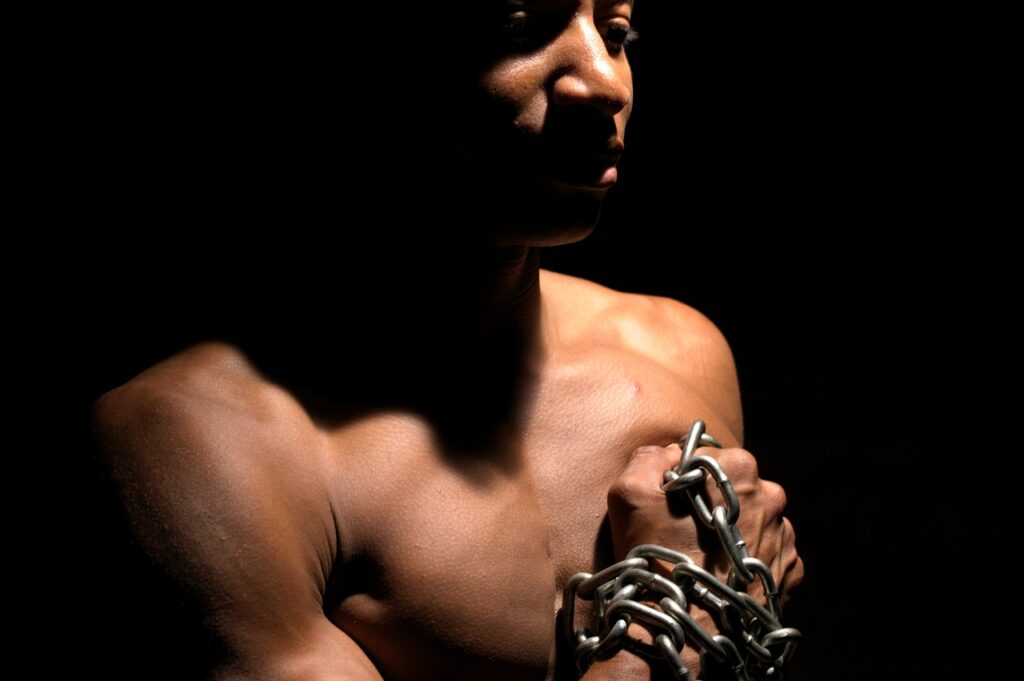All know that the killing of George Floyd, an African American, at the hands of a white police officer has lit mass protests across the globe. Floyd asphyxiated to death as the officer knelt on his neck without shame or reluctance. This incident unveiled the systematically rooted remnants of racism that continues in the 21st century. Moreover, it highlighted the dehumanization faced by people of color at the hands of law enforcement personnel in the United States. Ironically, this has been the most fervent proponent of freedom and democracy.
Mass incarcerations indicate an overrepresentation of marginalized communities being detained as a systemic defect in the justice system. People of color are brutalized within both the justice and prison systems. Thus, it would be no exaggeration to call the justice system an ethnoracial ghetto as more people of color suffer discriminately.
The incarceration policies strongly reflect legacies of slavery that have plagued the social and moral fabric of the state. Communities of color continue to suffer at the hands of a justice system that metes out injustice (Gross et al., 2017). Therefore, transformative change through social movements like Black Lives Matter is sorely needed.
The first victims of mass incarceration programs, African Americans are continually subjugated by racist policies and stereotypes that familiarize them as problematic citizens. Although the Civil War marked the end of slavery in the United States, the current system still contains remnants of discrimination in different domains. The discriminatory laws and policies have been direct perpetrators of masked discrimination, resulting in the disproportionately high incarceration of Black people.
Racial stereotypes fuel racial profiling that Black people are more to foul activities against the African American population. This follows the relentless stop and interrogations by police that resulted in being wounded or killed in the process (Desilver et al., 2020). Despite the abolition of slavery that elevated people of color to equal footing under the law, law enforcement, and justice system, discrimination and injustice continue to subjugate them to date.
On top of that, various forms of cruel and degrading treatment have been justified through self-defense arguments and the premise that there is no harm in meting out such treatment to them. They are being made to feel that they have presumably gotten what they deserve. Consequently, it can be highly possible that such dehumanizing treatment and violence contribute to increased recidivism rates. The unjust system stunts and sabotages the growth of people that affects the entire community. Therefore it is highly needed to consider the different approaches to deal with various issues. This would be the best way to prevail justice and equity in society.
References
Desilver, D., Lipka, M., and Fahmy, D. (2020). 10 things we know about race and policing in the U.S. Pew Research Center. https://www.pewresearch.org/fact-tank/2020/06/03/10-things-we-know-about-race-and-policing-in-the-u-s/
Gross, S., Possley, M., and Stephens, K. (2017). Race and wrongful convictions in the United States. National Registry of Exonerations. http://www.law.umich.edu/special/exoneration/Documents/Race_and_Wrongful_Convictions.pdf

